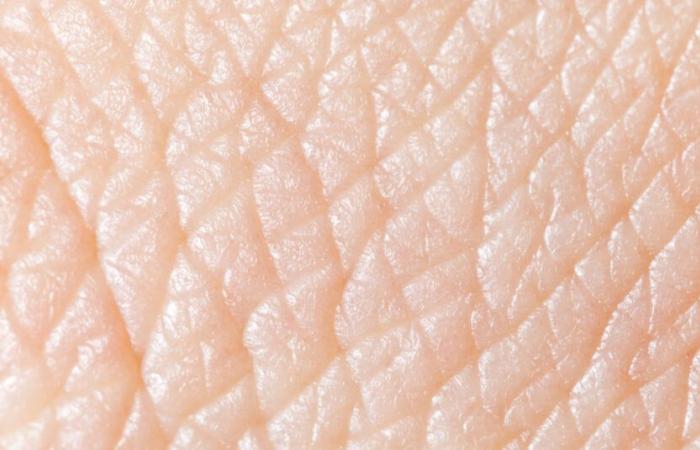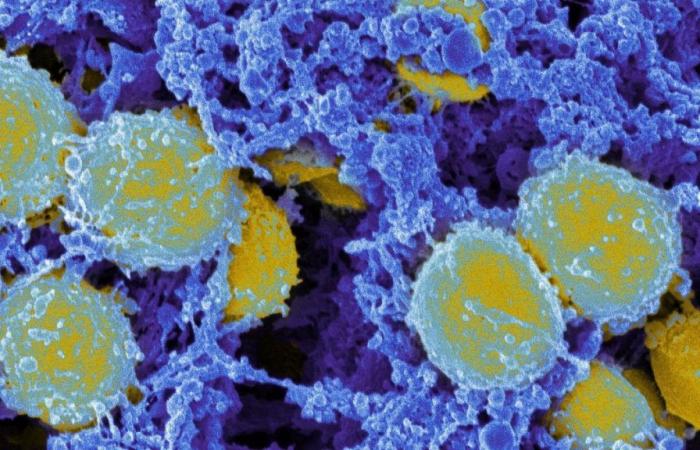Rather needle or ointment? A team of scientists from Stanford University has developed a skin cream that effectively vaccinated mice against tetanus.
“Vaccination cream”
The bacteria Staphylococcus epidermidisconsidered harmless when it evolves on the surface of our skinis known to trigger a strong immune response in the event of a scrape or cut, which aims to prevent it from reaching the bloodstream.
Noting that in such a scenario, the levels of antibodies produced by the subjects were at least as high as those observed after a vaccine, the researchers carried out a series of experiments on mice, with similar results. Extensive research has revealed that a protein present on the surface of S. epidermidis was at the origin of this sustained production.
A few weeks after applying a cream containing modified versions of the bacteria, carrying tetanus toxins, to the skin of the rodents, the latter had high levels of antibodies targeting them.
The final part of the experiment consisted of injecting them with doses of tetanus considered fatal. Specimens vaccinated using S. epidermidis modified all survived, when all the members of the control group, having received the natural version of S. epidermidissuccumbed to the infection.
An approach that could be extended to other viruses and bacteria
Additional experiments, notably involving diphtheria toxins, suggest that this painless vaccine approach could potentially be extended to other viruses, bacteria, fungi and unicellular parasites.
For the authors of the new study, published in the journal Naturethe next step will be to test it on primates. If similar results are observed, the first clinical trials could start within three years.
Earlier this month, another team demonstrated the possibility of administering a malaria vaccine via a simple mosquito bite.
Health







